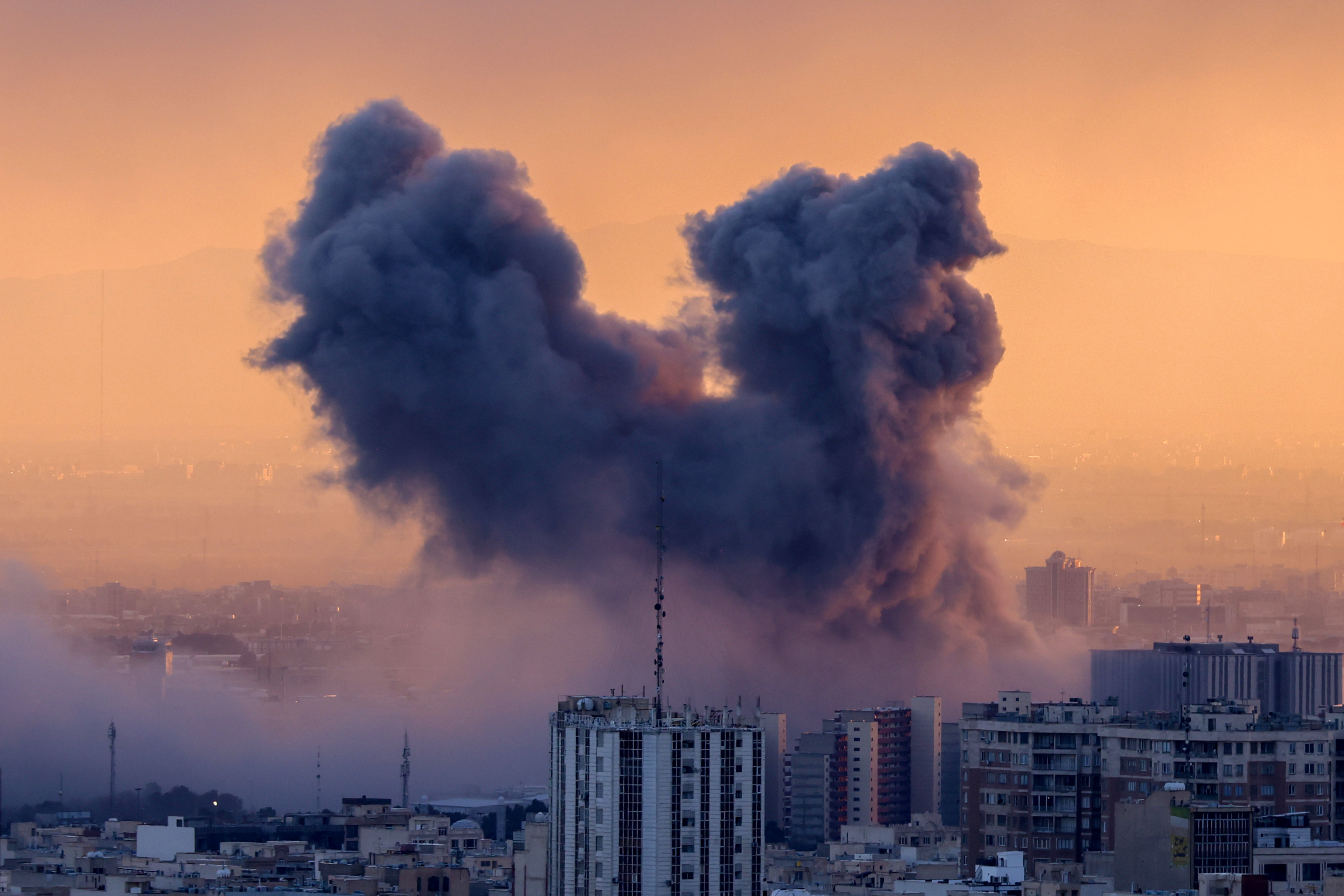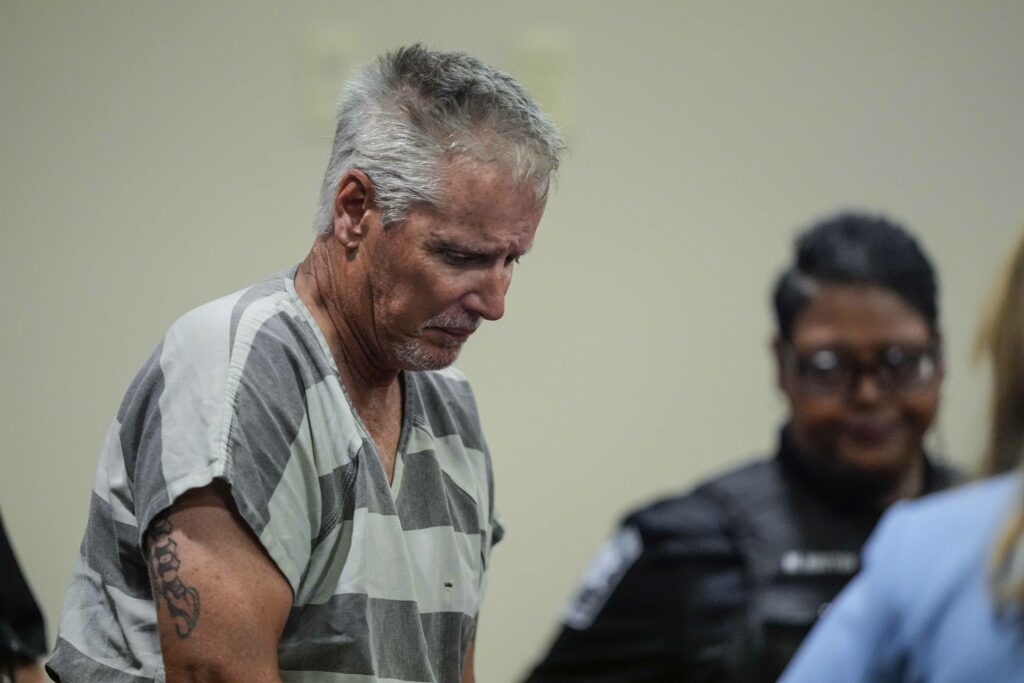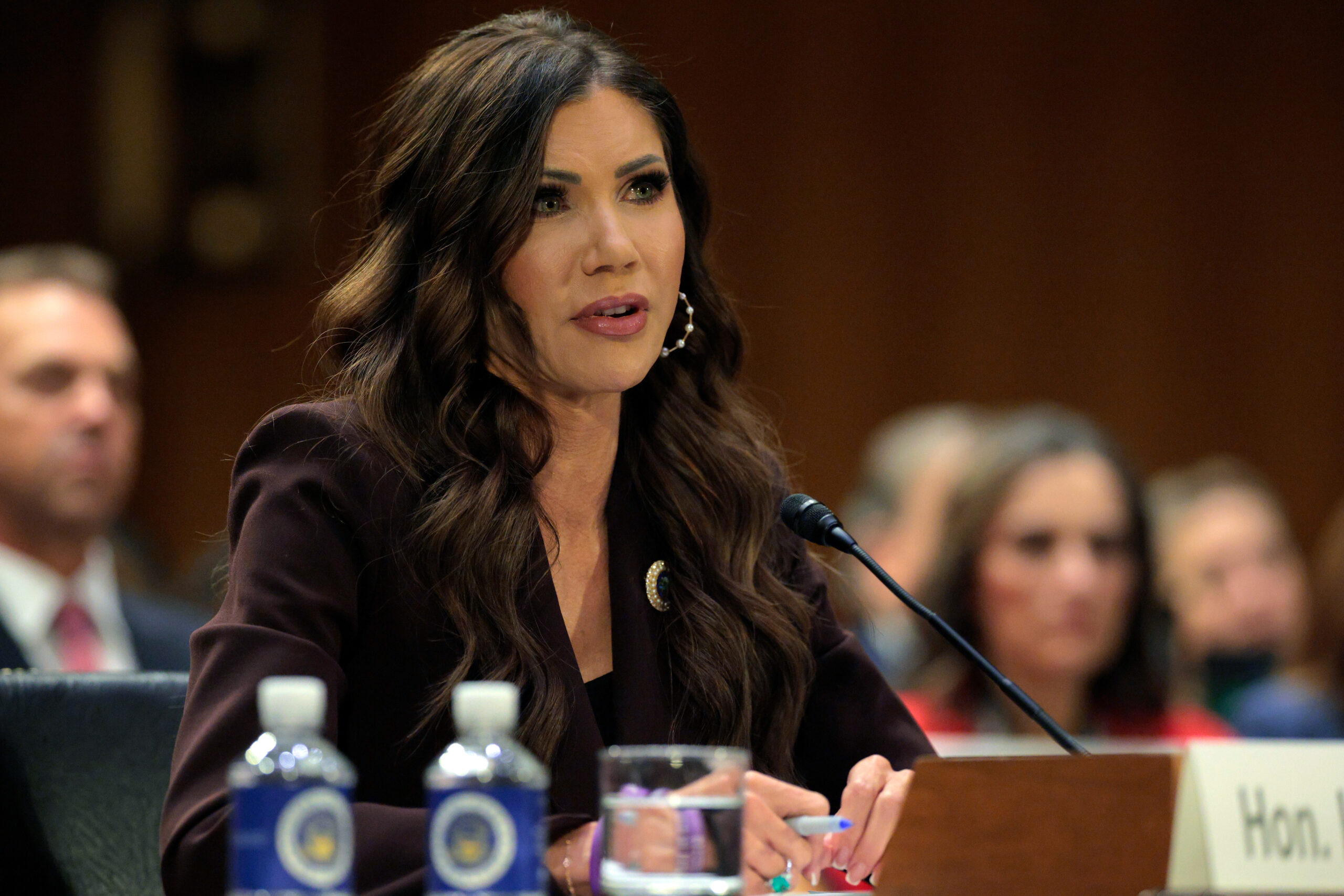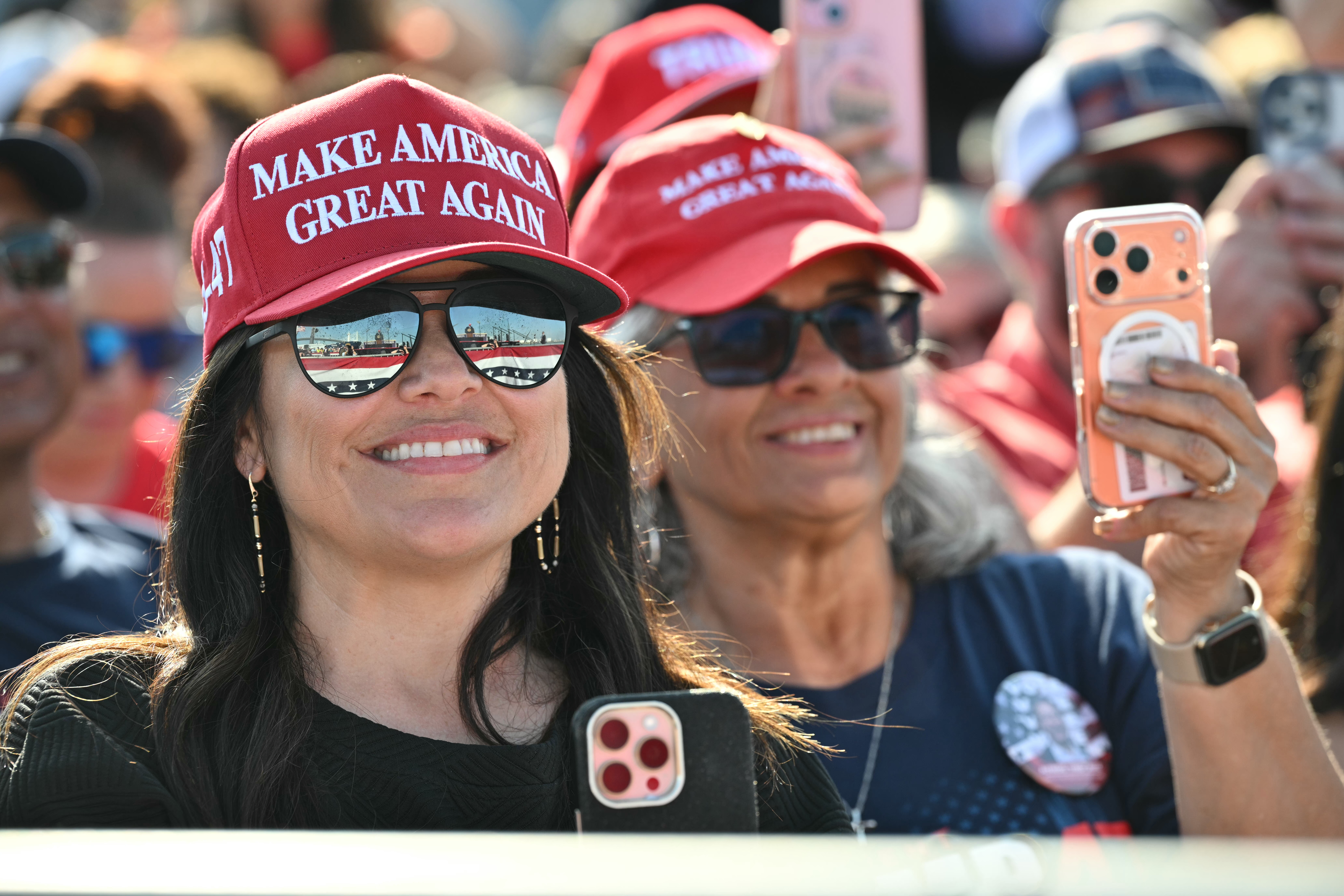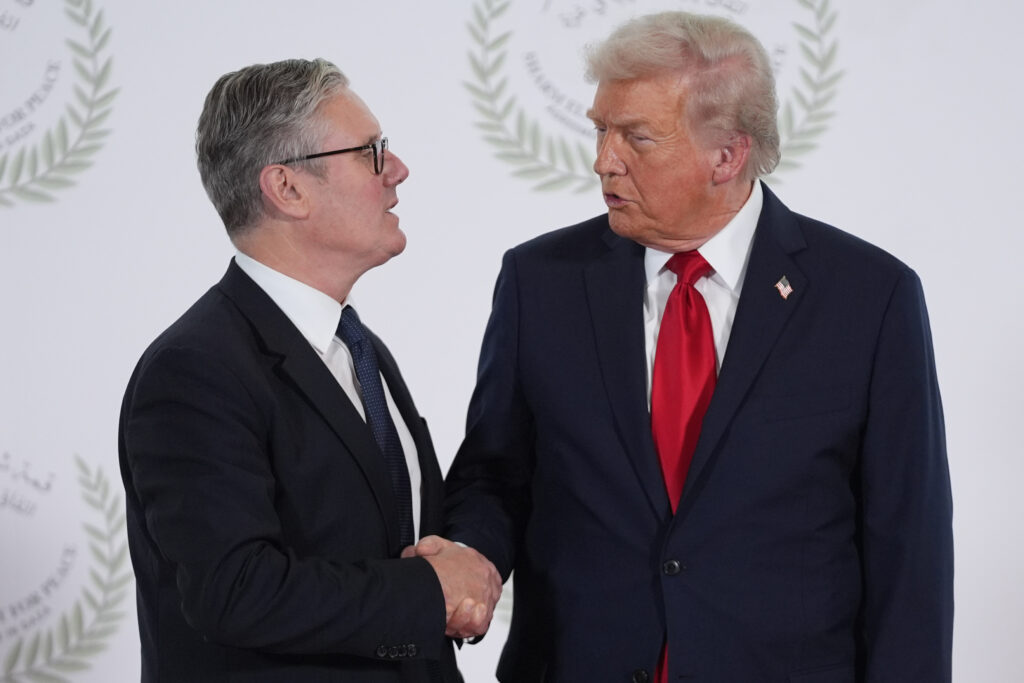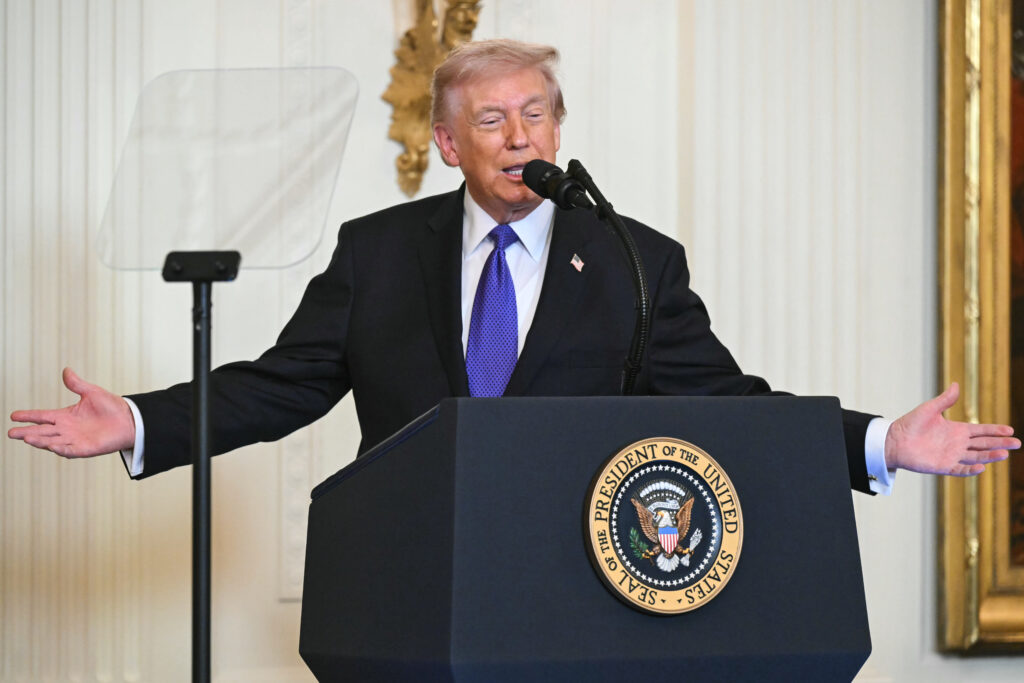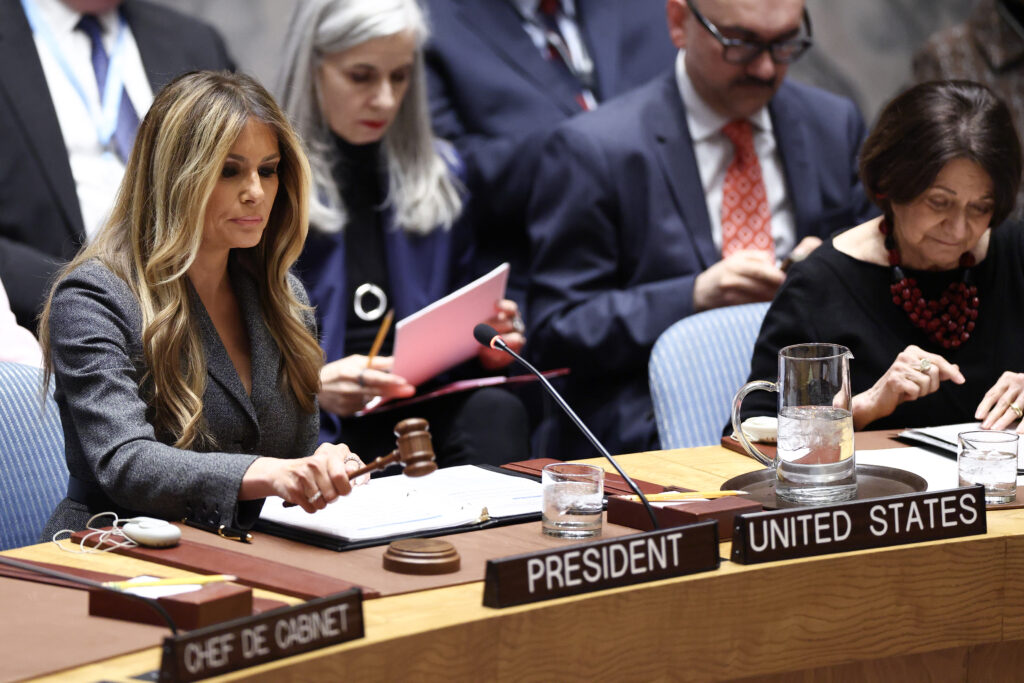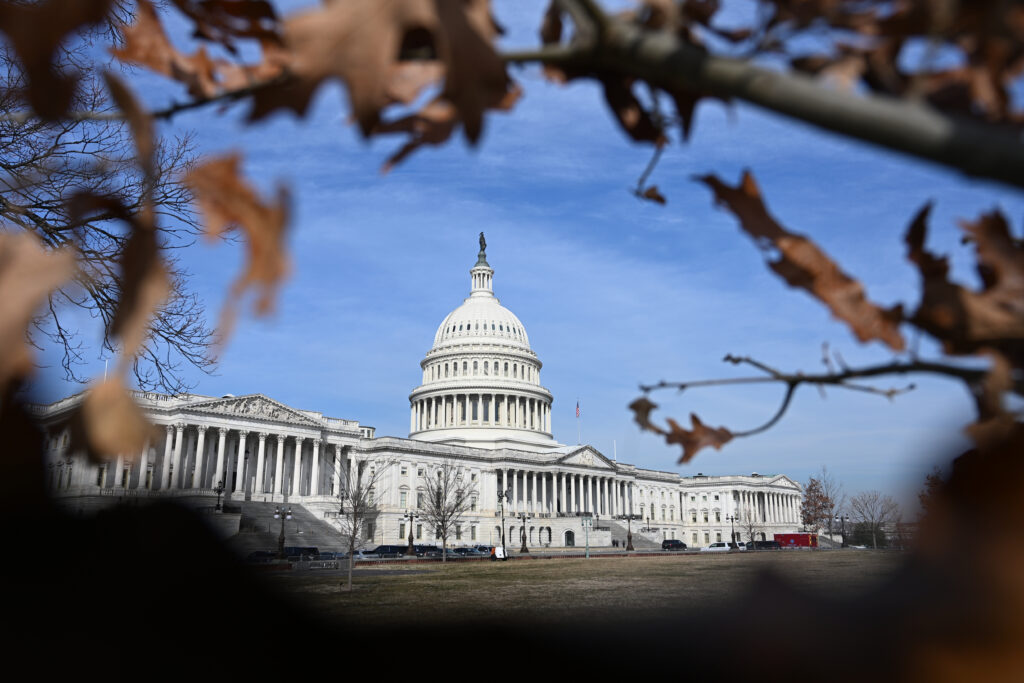Flights to evacuate stranded travellers in Middle East
Evacuation flights are set to rescue tens of thousands of travellers stranded in the Middle East even as some airlines resumed on Tuesday a limited number of scheduled flights.The situation remains dangerous in the region, with Qatar saying it had blocked Iranian attacks on its airport, one of the major hubs in the region.The US …
Flights to evacuate stranded travellers in Middle East Read More »

